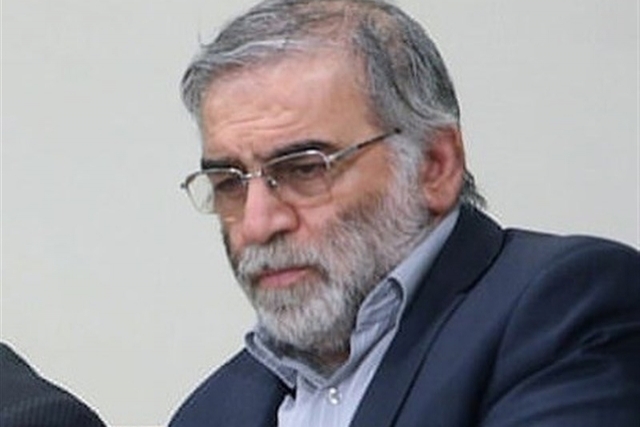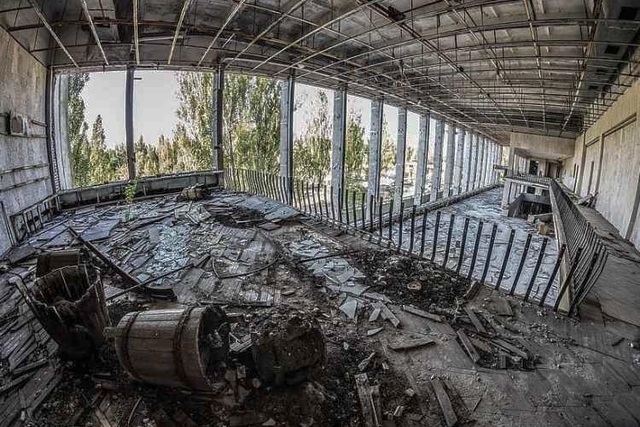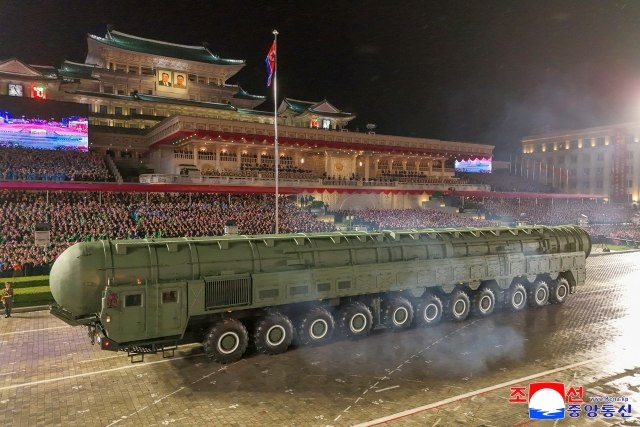Fakhrizadeh Assassination: Why is Proxy Warrior Iran Vulnerable at Home?
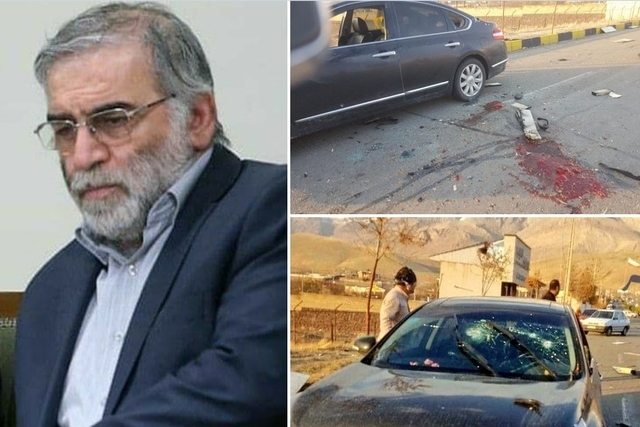
The assassination of Iranian nuclear scientist Mohsen Fakhrizadeh exposes the poor homeland security of Iran, a country accused of waging proxy war on Sunni Arab states in the Middle East by arming largely Shia militias.
Fakhrizadeh's car was targeted by an explosion and machinegun fire in Damavand's Absard 40 kilometers to the East of Tehran on November 28 in broad daylight by assassins who came in a white SUV.
Some 4 assassins were involved; who after the assassination fled on motorcycles, according to several eye-witness reports quoted on social media. However the Iranian official version is that two assassins were shot dead.
Also what is not clear is how may armed escorts did Fakhrizadeh have? From the images of the car after the assassination, only the sedan in which the top nuclear scientist was traveling seems to have been hit leading to doubts if his car had armed escort cars at all. Cars with armed guard in front and behind could have prevented the assassins’ SUV from getting too close to the target car.
Photos of the black sedan show clear bullet holes in the body and window class which means the car was not armored. The lack of adequate protection for a top nuclear scientist is surprising to say the least.
That brings us to the question if Mohsen Fakhrizadeh was indeed important to the Iranian regime or was he living in retirement. Iran is officially said to have abandoned its nuclear weapons program in 2012. Since then the International Atomic Energy Agency has found no evidence of uranium enrichment for weapons purposes or any other indication that Tehran was building nuclear weapons.
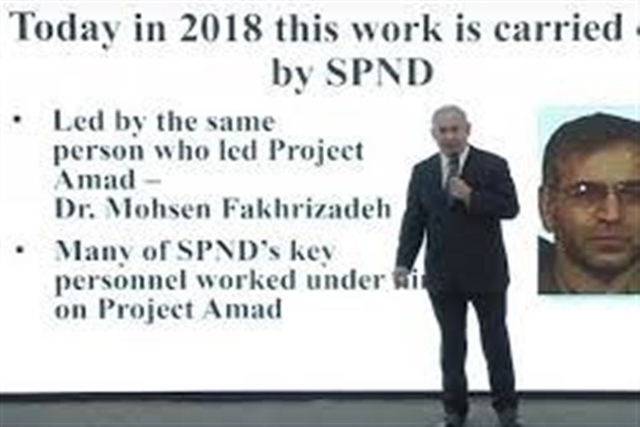
Interestingly, Iran’s ambassador to the United Nations, Majid Takht Ravanchi sent a letter to the UN secretary general and the UN Security Council after the assassination of Fakhrizadeh in which he praised the scientist for his role in developing an indigenous COVID-19 test kit.
“One of the latest services of Martyr Fakhrizadeh was his outstanding role in the development of the first indigenous COVID-19 test kit, which is a great contribution to our national efforts in curbing the COVID-19 pandemic at a time when Iran is under inhumane sanctions of the United States, strictly preventing our access to humanitarian goods including medicines and medical equipment,” he said in the letter released to Iranian media.
The fact that Israel’s Mossad was able to assemble a team of assassins and organize logistics without Iranian security forces being aware of it is a colossal failure of intelligence to say the least.
Did the assassins come from abroad or were they locally assembled anti-regime elements? How did they get weapons and bombs besides the SUV without the Iranian intelligence agencies getting wind of their activities? The answer could partly lie in that the repressive Iranian regime has many enemies from its own people and its Diaspora is almost entirely anti-Tehran. Getting anti-regime Iranians to work against the theocratic government is not a difficult task for its enemies.
The ease with which saboteurs gained access to Iran’s Natanz nuclear facility in August 2020 and blew up it centrifuge assembly facility is indicative of its porous security system and the inability of its security services to keep up with the plots of Mossad and other agencies opposed to Tehran.
